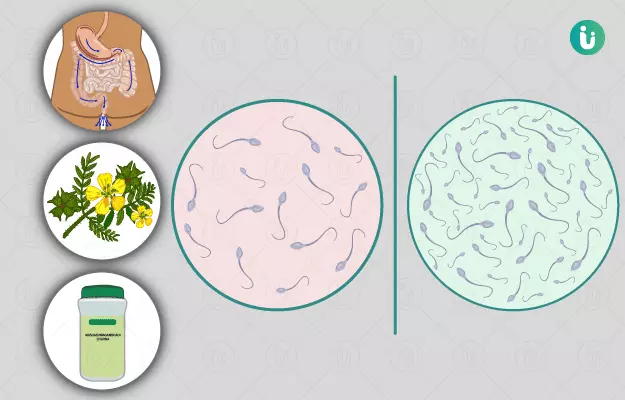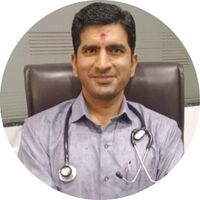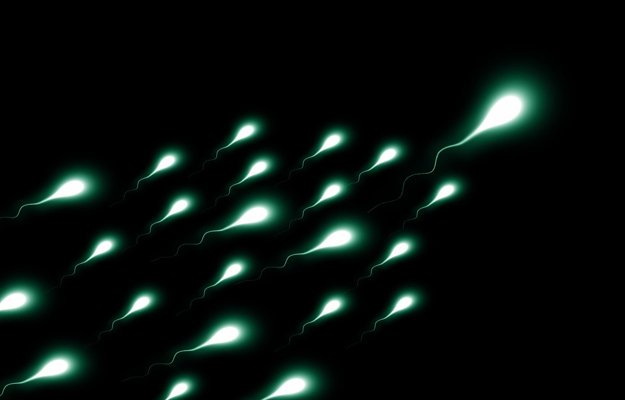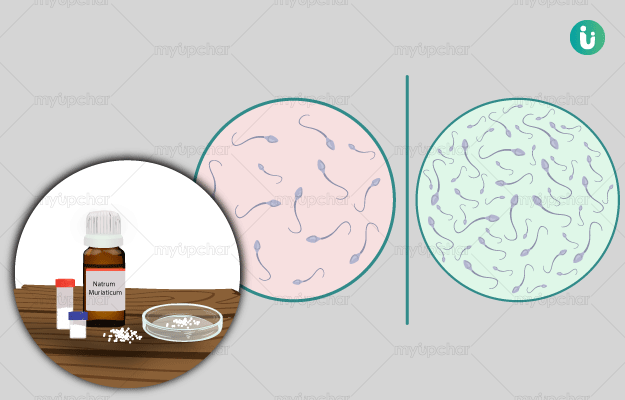Low sperm count, commonly called oligospermia or oligozoospermia, is a clinical condition, in which, the sperm count in the semen is less than 20 million/mL. Low sperm count can be correlated with kshina shukra in Ayurveda, which is characterised by a qualitative and quantitative decrease in shukra (semen).
Ayurvedic treatment of oligospermia includes procedures such as snehana (oleation), virechana (purgation) and basti (enema). Herbs and medicines that are useful in the management of oligospermia and its associated symptoms include gokshura (small caltrops), ashwagandha (Indian ginseng), kapikachhu (cowhage plant), shatavari (hundred roots), shilajatu (asphaltum), shweta musli (white musli), vanga bhasma (calcined preparation of tin), mashashwagandhadi churna and mashadi vati.
The best way to increase sperm count is T Booster capsules, which you can buy now by clicking on the blue link.






































